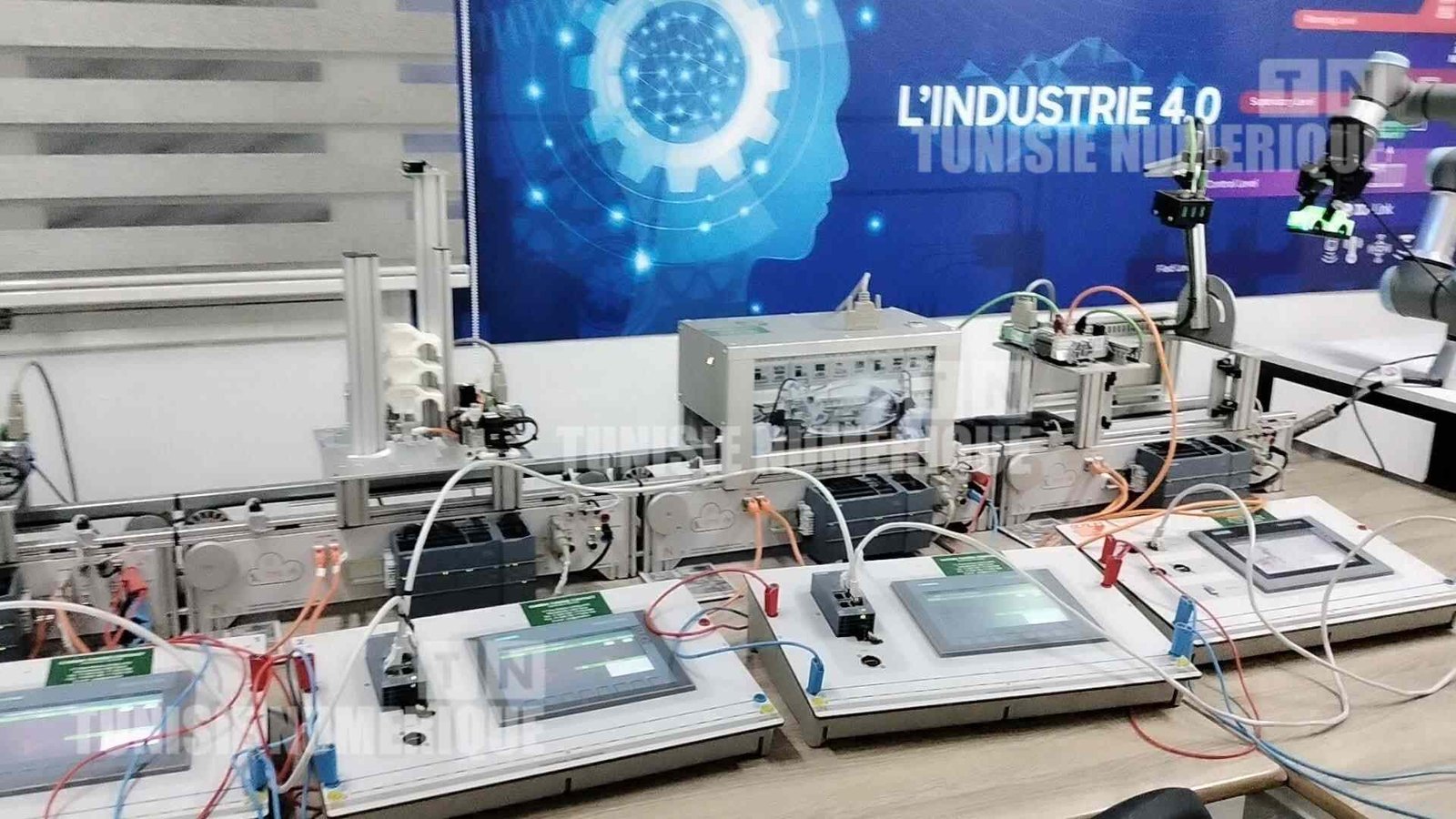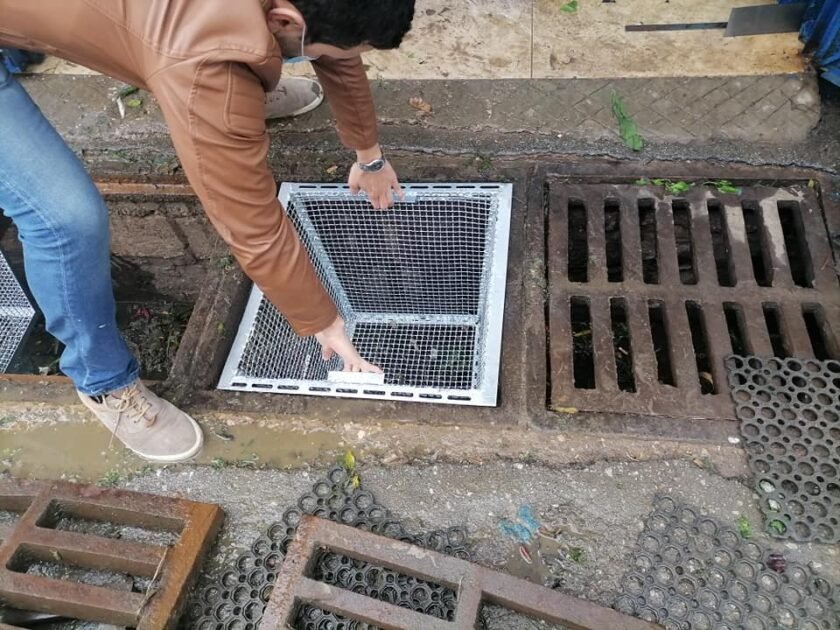In a strategic move to future-proof its workforce, Tunisia has launched a new specialized training center in Sfax, designed to equip the nation’s youth with the advanced technical skills demanded by the rapidly evolving industrial landscape.
The official inauguration of the Industry 4.0 training center on Tuesday, September 30, marks a significant step in aligning the country’s human capital with the realities of digital transformation. The facility aims to directly tackle youth unemployment by preparing a new generation of Tunisians for high-growth fields such as robotics, the Internet of Things (IoT), and smart industrial systems.
Elyes Chérif, Director General of the Tunisian Agency for Vocational Training (ATFP), emphasized the initiative’s targeted approach. “The center’s mission is to equip learners with future-ready expertise and enhance their integration into the workforce,” he stated, highlighting the program’s focus on the direct needs of local industries.
The center will begin its mission with a pilot cohort of 13 participants, who will undergo intensive training in automation, robotics, IoT, and intelligent system maintenance. This Sfax lab becomes the fourth such specialized facility in Tunisia, forming a growing network with existing centers in Ariana, Monastir, and Sousse.
This effort is part of the broader, Swiss-supported “Takween” dual-training program launched in 2020. The program’s core objective is to bridge the persistent gap between academic learning and the practical, technical proficiencies required in modern smart factories, particularly for graduates from vocational streams.
The urgency of such initiatives is underscored by continental demographic trends. The African Development Bank estimates that by 2030, more than 30 million young Africans will enter the labor market annually. For Tunisia, where a significant youth population meets an industrial sector in rapid digital flux, specialized training is no longer a luxury, but an economic necessity.
By investing in these high-tech skills, Tunisia is not only working to reduce unemployment but also positioning itself to foster local innovation, nurture a robust startup ecosystem, and build a regionally competitive workforce ready to lead in the age of smart industry.
TunisianMonitorOnline (BRC)




